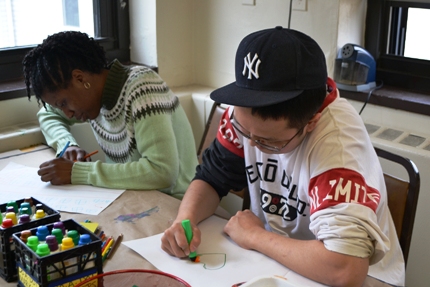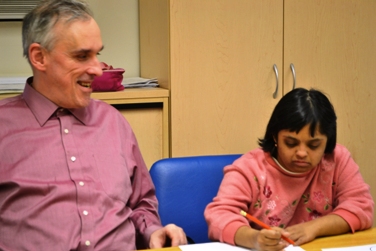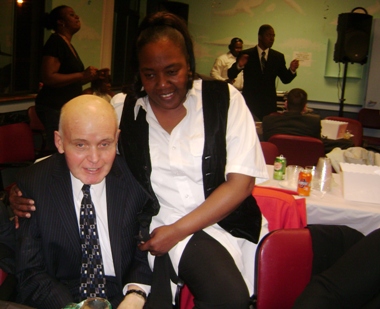The State Legislature recently voted to restore funds through its budgets to disabled programs. But with negotiations still on the horizon, the battle isn’t over.
“With so many Queens families continuing to struggle during these tough economic times, we must do everything we can to ensure New York State has programs in place to help people in need,” said Assemblymember Nily Rozic.
The assembly budget proposal would restore $120 million to not-for-profit organizations that work with developmentally disabled individuals, and an additional $20 million to maintain state-operated mental health services. The Senate proposal also would restore $120 million.
Hundreds of organizations citywide tailored toward developmentally disabled individuals could be subject to Governor Andrew Cuomo’s budget amendments that will result in a $240 million cut in funding, effective April 1, if an accord between the the executive and legislative branch is not reached.
Charlie Houston, executive director of the Queens Center for Progress (QCP), said that with a cut like the one being proposed, there is “no way” that the center’s services wouldn’t be affected.
“We would have to lay staff off,” he said. “There’s no way we could avoid that.”
A main issue concerning administrators of these organizations, elected officials and disabled individuals is losing members of the “family” they have created in their respective programs.
“I love being here,” said Alan Rosen, a participant in the day program at The Shield Institute. “I don’t want [my aide] to leave, I like her so much.”
Groups such as QCP and The Shield Institute work towards helping disabled individuals live a progressive lifestyle, becoming more active and independent. Each day, they have different activities such as painting and cooking, and also visit different sites throughout the community.
These daily programs and trips outside of the facilities are the ones that could potentially get the ax if administrators are forced to let go of staff. Many patients require constant supervision and care, and without staff, that consistency could become unavailable.
“It would be a movement back towards custodial kind of care, rather than community integration,” said Houston. “It’s a real step backwards.”
Houston also said they may have to close certain programs for weeks at a time.
“What it would come to, for safety reasons, is they’ll just plop them in front of a TV day in and day out,” said Margaret MacPherson, whose brother, Thomas Hatch, 65, goes to QCP. “[But] it’s so important for them to see that life goes on outside of those four walls.”
Hatch lives with eight other people, all of whom need around-the-clock supervision due to different medical issues. MacPherson fears that without an adequate amount of staff, they may lose some of this supervision.
“These people cannot speak for themselves,” she said. “I see that there is absolutely not a nickel of surplus money, and I’m just heart sick for them.”
She said that the QCP staff does a job that is not so pretty, but they remain the loveliest and finest people.
“I’ve been concerned [about the budget] before, but I don’t think I’ve ever been this concerned,” she admitted.
There will be a three-way negotiation between the assembly, senate and governor, projected for some time next week, which will determine how much money will officially be restored.
“This isn’t a matter of agencies taking cuts,” said Houston. “It’s going to affect people – a lot of people.”
RECOMMENDED STORIES
- Dismal budget has disabled distraught
- Cuomo’s proposed cuts to developmentally disabled would be ‘devastating’
- Cuomo budget centers on job creation, education improvements

































